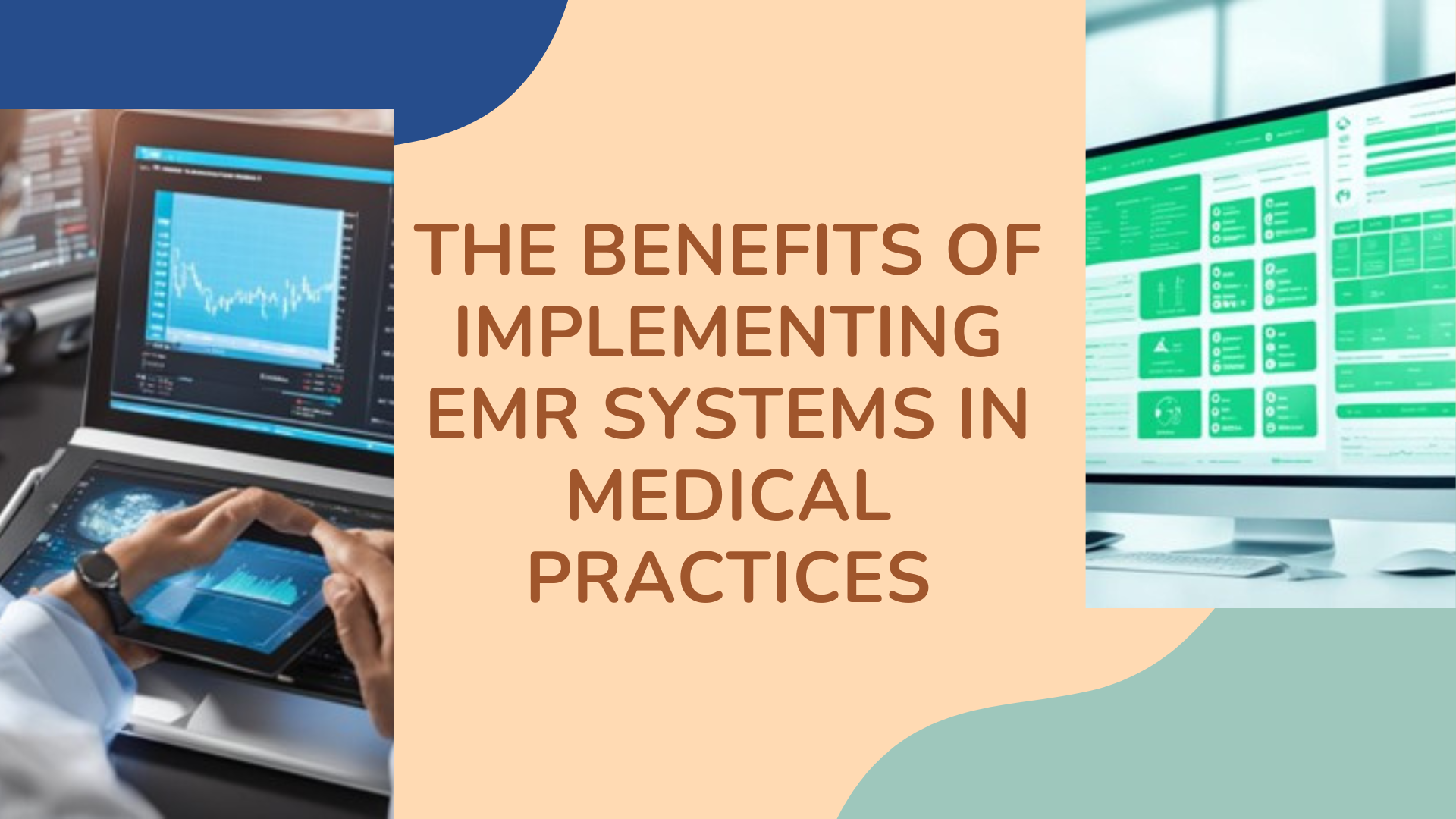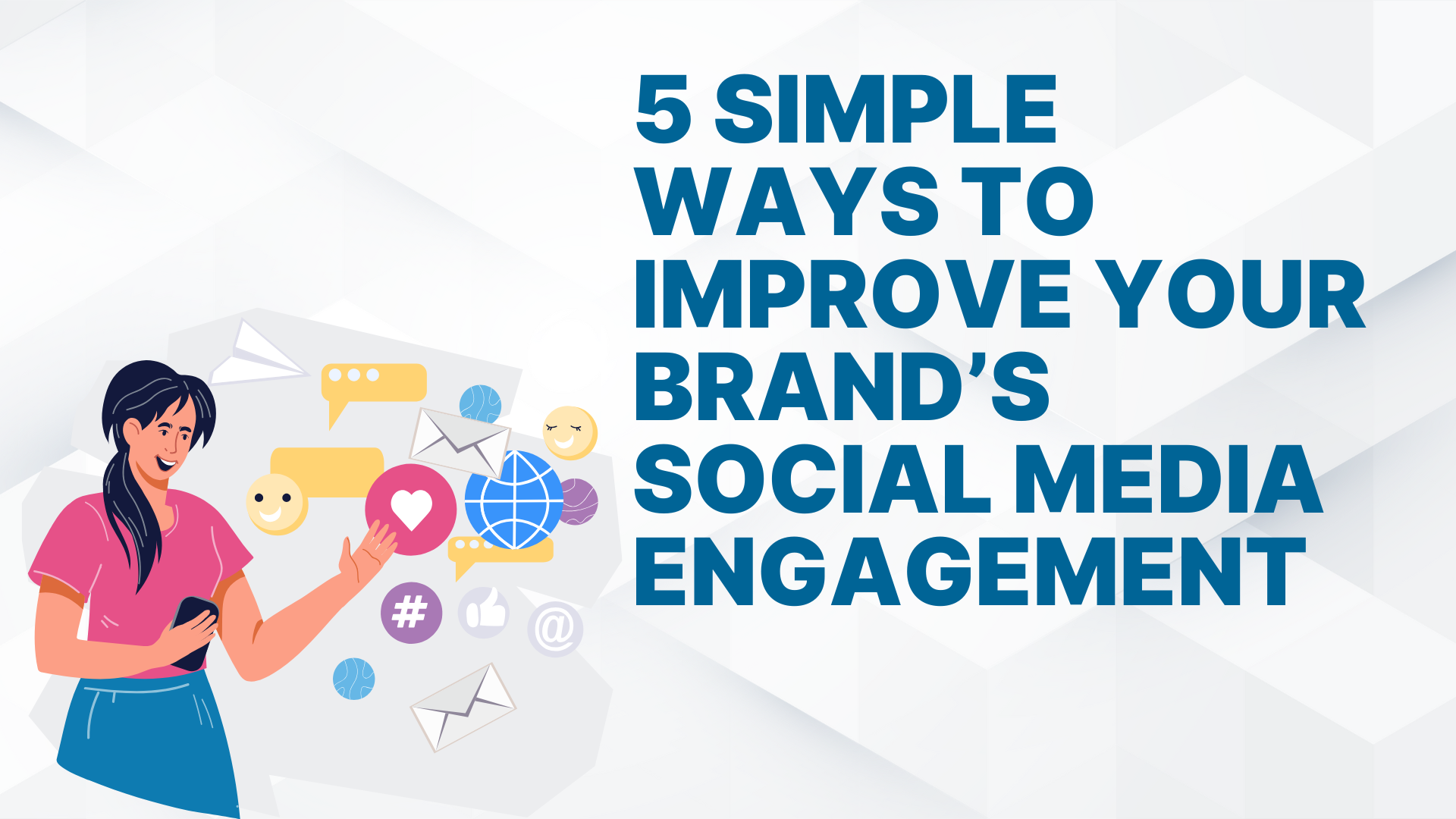In today's digital age, the healthcare industry has seen big changes thanks to EMR systems. These tools are key for better patient care, smoother clinical workflows, and managing data well in medical practices. By using EMR systems, healthcare workers get many benefits that help their work and the patients they help.
EMR systems make managing patient data easier. They put all patient records in one place, making it simple to find medical histories, test results, and treatment plans quickly. This means doctors and nurses can make better decisions and work together more effectively.
Using EMR systems also helps with patient care and coordination. Doctors can make quick, informed decisions with real-time patient data. This leads to better health outcomes. Plus, sharing information easily between doctors, specialists, and staff helps everyone work together better. This means patients get the best care possible.
The Transition to Electronic Medical Records
The healthcare industry is changing fast, moving from paper records to electronic ones. This change is key for better patient data management and making medical records clearer and more accurate.
Streamlining Patient Data Management
Using electronic medical records makes it easier to keep all a patient's info in one place. Doctors and nurses can quickly look up a patient's full medical history. This includes test results, prescriptions, and past treatments, all in one secure spot.
This way of managing patient data saves time and cuts down on mistakes. It also helps keep care consistent for each patient.
Enhancing Accuracy and Legibility
Switching to EMR has made medical records more accurate and easier to read. No more struggling with hard-to-read handwriting. Now, doctors and nurses can enter info directly into the system, making records clear and organized.
This leads to better treatment choices and better health outcomes for patients.
Adopting electronic medical records is a big step for healthcare. It changes how we handle and share patient data. By making data management more efficient and accurate, EMR systems help make patient care better.
Improved Patient Care and Coordination
Electronic medical record (EMR) systems have changed how we care for patients and coordinate care. These systems let healthcare providers give better and more efficient care focused on the patient. They make healthcare work smoother.
EMR systems make sharing information easy among healthcare teams. They keep patient data in one place, making it easy for everyone to see the latest info. This means doctors, nurses, and others have the right info to make good decisions.
- Enhanced communication and collaboration among healthcare providers
- Improved access to comprehensive patient data for informed decision-making
- Reduced risk of medical errors and duplicate tests or procedures
EMR systems are key in care coordination. They help make sure patients get the best care. By using tools like telemedicine and patient portals, EMR systems connect patients with their doctors better. This means care is more personal and quick to respond.
"EMR systems have changed how we handle patient care and care coordination. They make sharing data easy and improve communication. This lets us give our patients care that's more detailed and suited to their needs."
As more healthcare providers use EMR systems, we expect to see more improvements in patient care and care coordination. This will lead to better health outcomes and happier patients.
Behavioral Health EMR: Advancing Mental Health Services
The use of behavioral health EMR systems is changing healthcare. These systems are making mental health care better by improving how professionals care for patients. They help lead to better results and a more complete way of looking at health.
These systems manage patient data well. They let mental health workers easily find important info. They put all patient records, treatment plans, and updates in one place. This helps doctors understand each patient's needs and history better.
Behavioral health EMR also use advanced analytics and reporting. This helps doctors see trends, track patient progress, and make smart choices. It lets them make treatment plans that work best, track how patients are doing, and find ways to get better.
These systems also make it easier for patients to get involved in their care. Patients can see their medical records and treatment info safely. This makes care more open and helps patients make choices about their mental health.
As healthcare changes, behavioral health EMR will be key in improving mental health care. They make things run smoother, help patients get better, and support teamwork in care. These technologies are making sure mental health and wellness are a top priority for everyone.
Increased Efficiency and Productivity
Electronic Medical Record (EMR) systems have changed the game for medical practices. They offer many benefits that make things more efficient and productive. These systems help with administrative tasks and make it easier to work together and access information from anywhere.
Reducing Administrative Burden
EMR systems are great at automating and simplifying tasks. They handle things like patient data, billing, and insurance claims. This means doctors and nurses can focus more on patient care.
This leads to more productivity and better patient care. Doctors can spend more time with patients, which improves healthcare quality.
Facilitating Remote Access and Collaboration
Remote access and working together are key in today's digital world. EMR systems make it easy to see and update patient records from anywhere. This helps healthcare teams work better together, leading to better patient care.
Using EMR systems, medical practices can work more efficiently and productively. This means they can give better healthcare to their patients.
"EMR systems have revolutionized the way we approach patient care, streamlining administrative tasks and facilitating remote collaboration. The resulting efficiency and productivity gains have been instrumental in improving the overall quality of healthcare services."
Conclusion
EMR (Electronic Medical Records) systems have changed the game in healthcare. They make patient care better, work processes smoother, and keep data safe. These systems help doctors make better decisions and cut down on paperwork. This leads to more tailored care for patients.
EMR systems make patient data easy to manage. They let healthcare teams work together better, even from different places. This has made mental health care better too, making sure patients get the full care they need.
The future of healthcare will depend on EMR systems. They help improve patient care, make healthcare workers more productive, and keep data safe. Doctors who use these new technologies will be ready for the fast-changing healthcare world.

















Post Comments